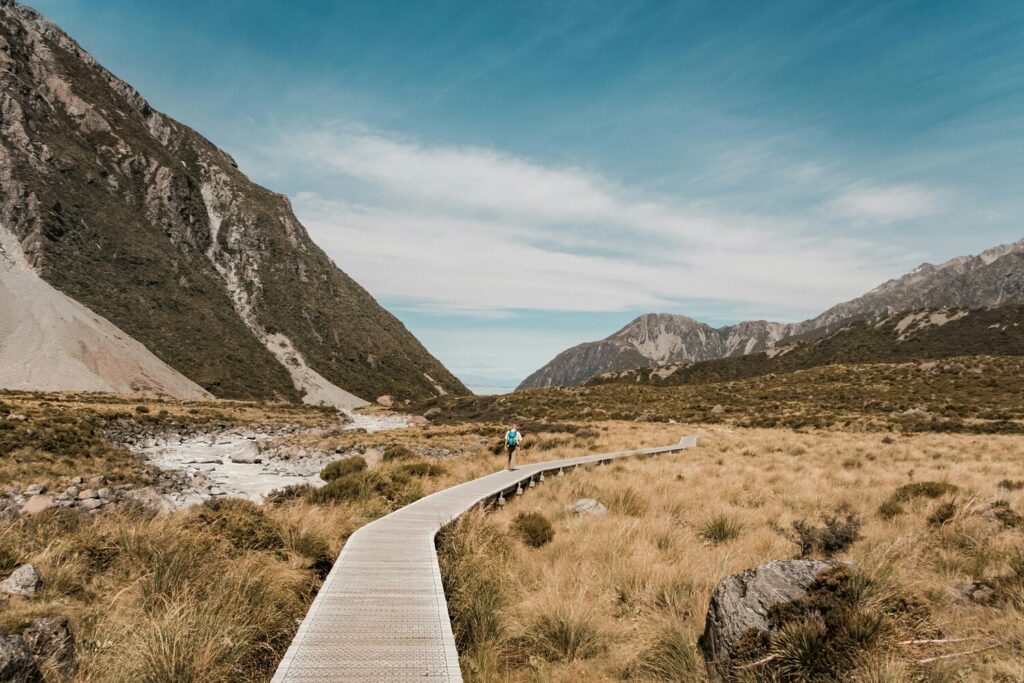
New Zealand Updates Its Visitor Visa Rules with No Minimum Income Requirement
New Zealand has taken a progressive step towards attracting digital nomads by relaxing its visitor visa regulations. From January 27, 2025, remote workers are now allowed to work for foreign employers while staying in the country—something that was previously prohibited. Unlike many other nations offering Digital Nomad Visas, New Zealand has no minimum income requirement, which makes it very appealing for freelancers, remote employees, and content creators.
New Zealand’s Digital Nomad Visa
New Zealand’s revised visitor visa now permits digital nomads to legally work while enjoying the country’s breathtaking landscapes. However, there are a few restrictions that applicants must adhere to:
- No local employment – Digital nomads cannot work for a New Zealand-based employer.
- No business activities within New Zealand – Providing goods or services to New Zealand residents or businesses is not allowed.
- No physical presence in a workplace – Remote workers must ensure their employment does not require them to be physically present in a New Zealand workplace.
- Tax exemption – Earnings remain tax-exempt in New Zealand if the traveler is taxed in another country and does not exceed 92 (non-consecutive) days within a 12-month period. However, those from countries with tax treaties, such as the U.S., may extend this exemption up to 183 days.
For American travelers, the process remains straightforward. Those eligible for a six-month stay under a Visitor Visa can simply check a box indicating their intent to work remotely. Others can initially apply for a 90-day visa and extend it up to nine months.
Boosting Tourism and Economic Recovery
New Zealand’s economy has faced significant challenges post-pandemic, with a notable GDP contraction in 2024. Recognizing the potential of digital nomads to contribute to local businesses without competing for jobs, the government introduced this visa reform to attract skilled remote professionals.
Tourism has also struggled to return to pre-pandemic levels, with 2024 arrivals still 17% below 2019 figures. By welcoming digital nomads, New Zealand aims to bolster its tourism industry while allowing visitors to sustain themselves through remote work. This strategy aligns with global trends, as over 65 countries now offer similar visa programs to stimulate their economies.
Exploring New Zealand as a Digital Nomad
Generally considered one of the most beautiful countries in the world, New Zealand offers digital nomads an unparalleled experience. One must-visit destination is Taranaki Maunga, a sacred mountain recently granted legal personhood. Standing at 2,518 meters (8,261 feet), this North Island peak holds deep cultural significance for the indigenous Māori people. Under the new law, it will be protected by local Māori iwi (tribes) and government-appointed guardians while remaining accessible to the public.
Who Can Apply?
The updated visa applies to a wide range of visitors, including:
- Tourists looking for extended stays while working remotely
- Individuals visiting family in New Zealand
- Partners and guardians on long-term visitor visas
This move simplifies entry for remote workers and removes the financial barriers imposed by minimum income requirements in other countries.
Final Thoughts
For those looking for a picturesque, remote-friendly location, New Zealand’s new visa policy presents an enticing opportunity. With no income threshold, a straightforward application process, and a stunning environment, it might be time to pack up your laptop and head to Aotearoa!

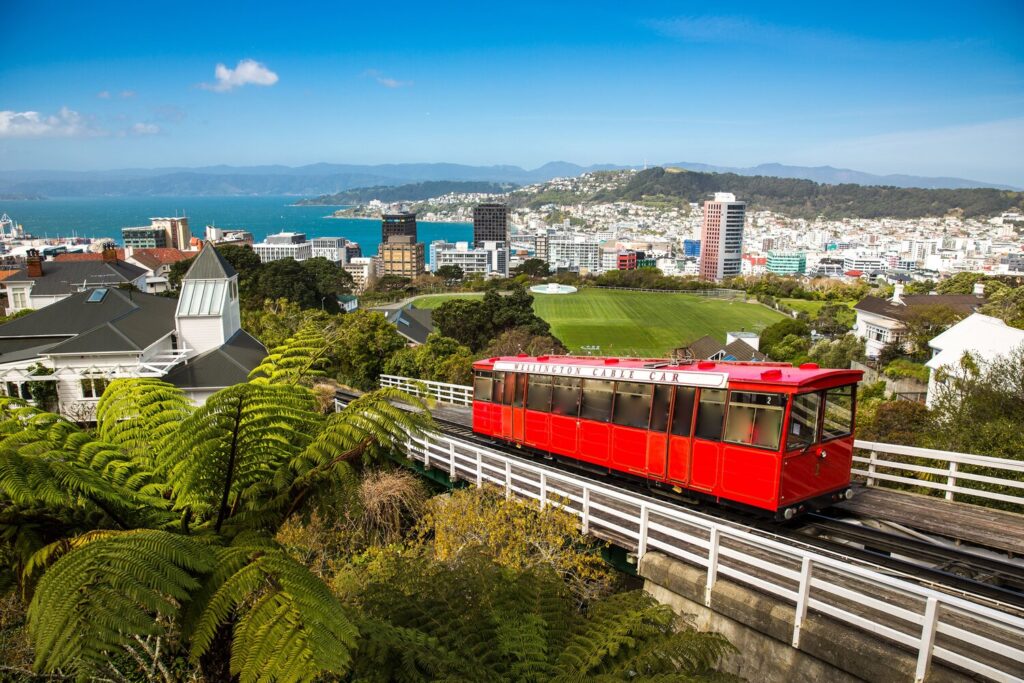
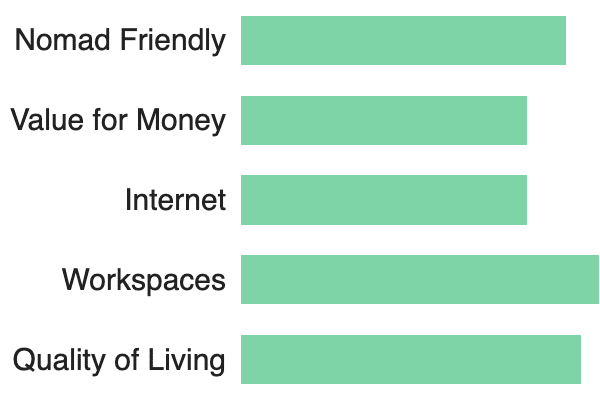
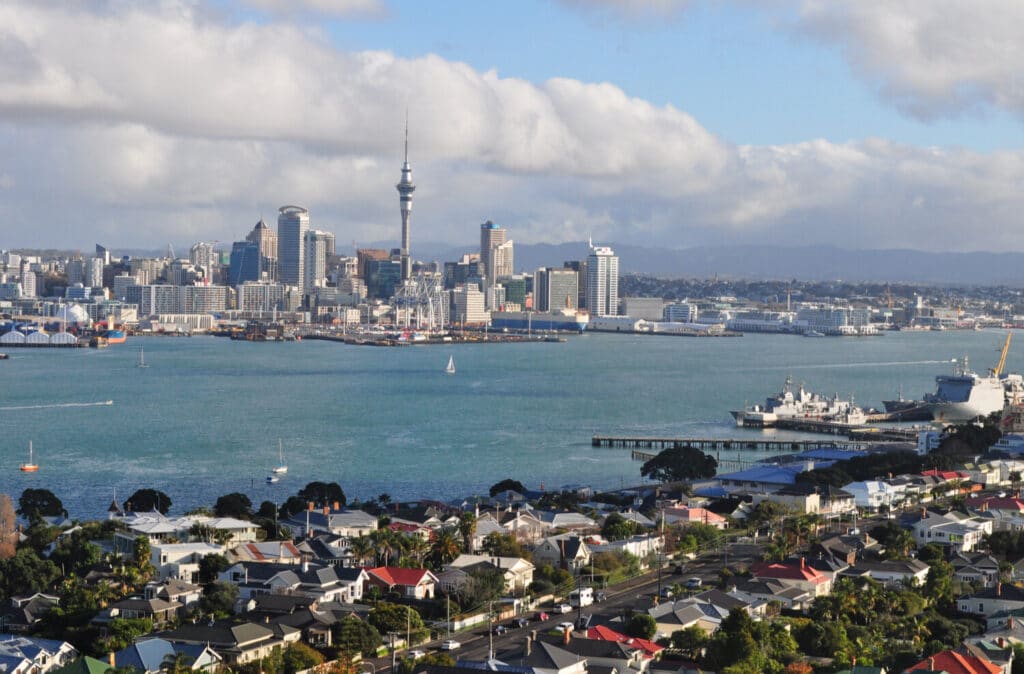
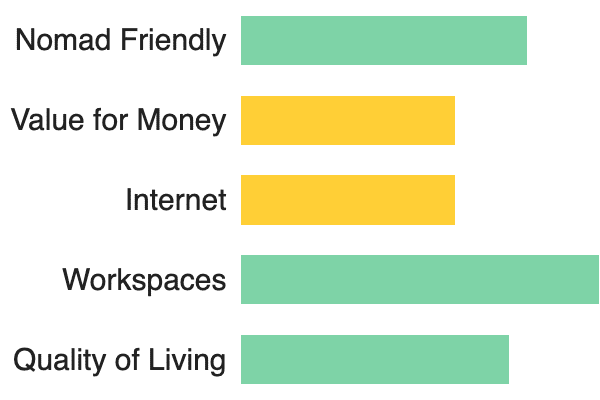
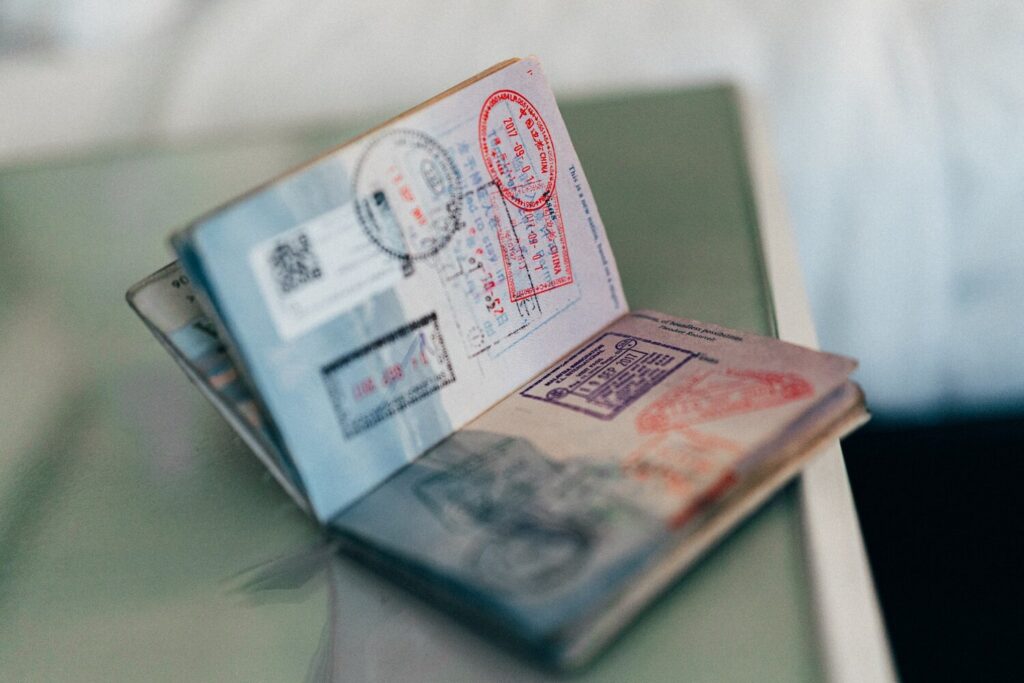
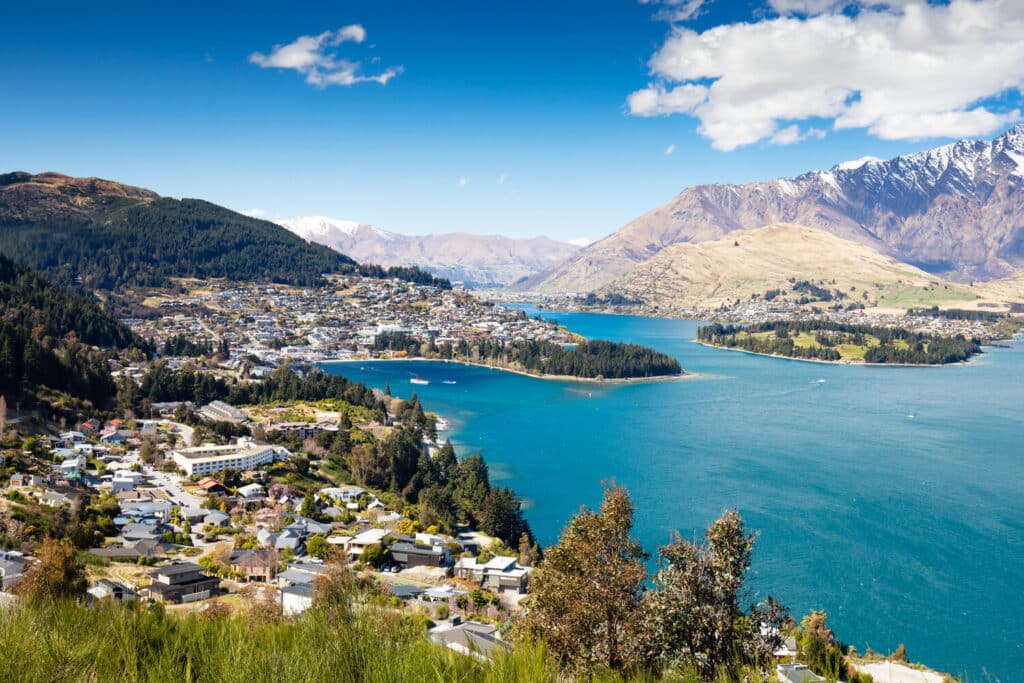
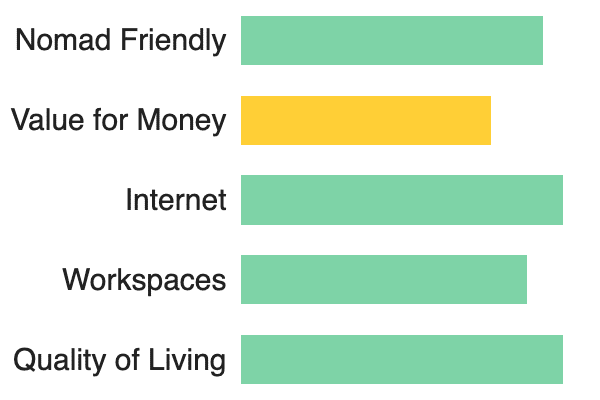


Responses